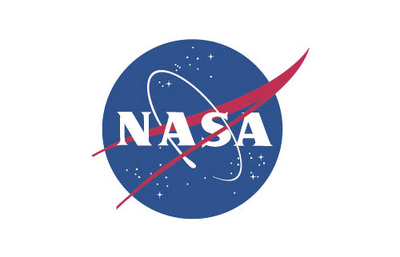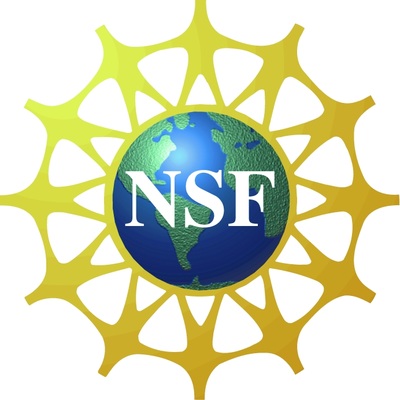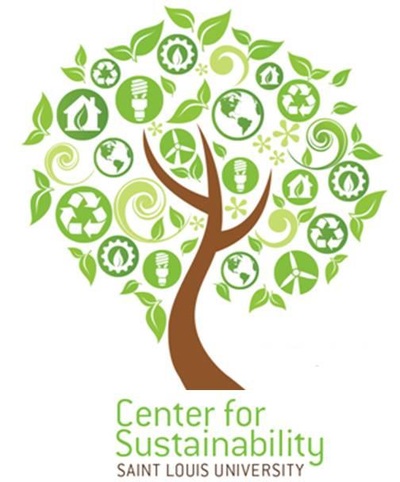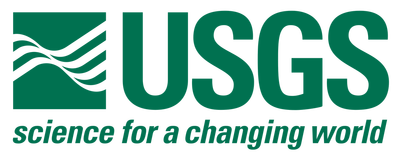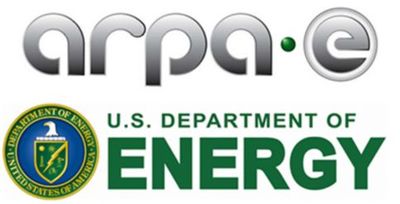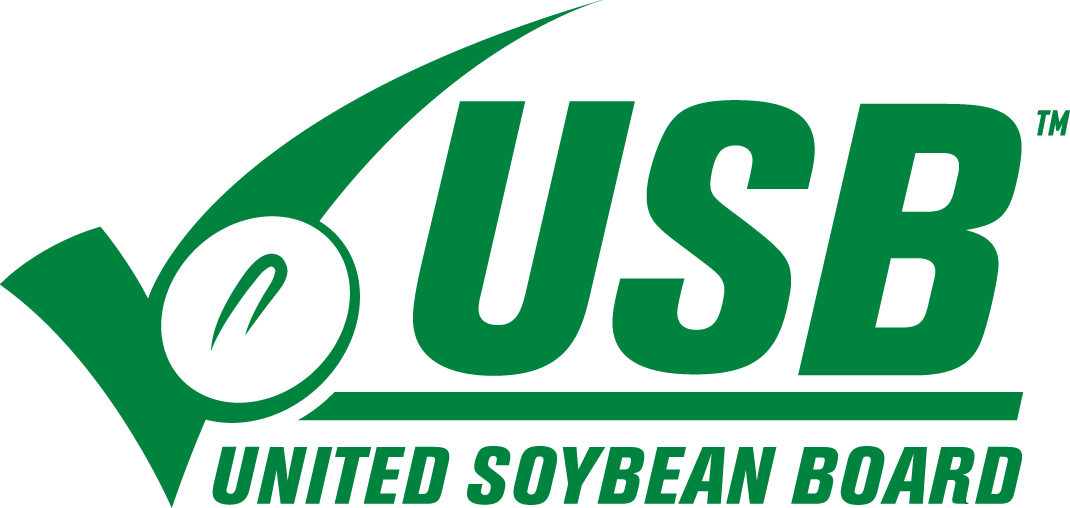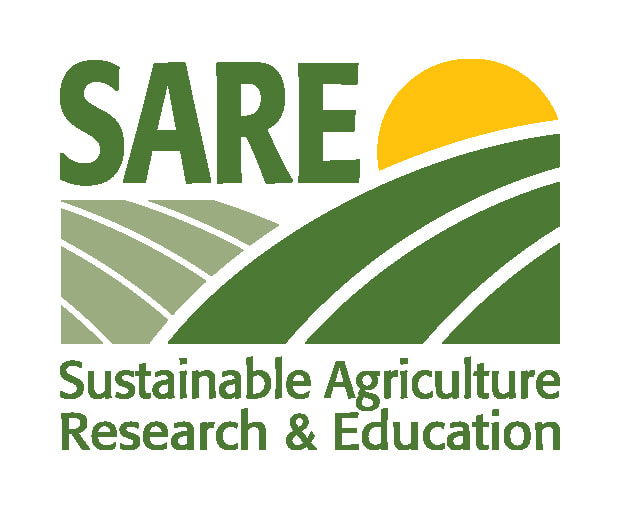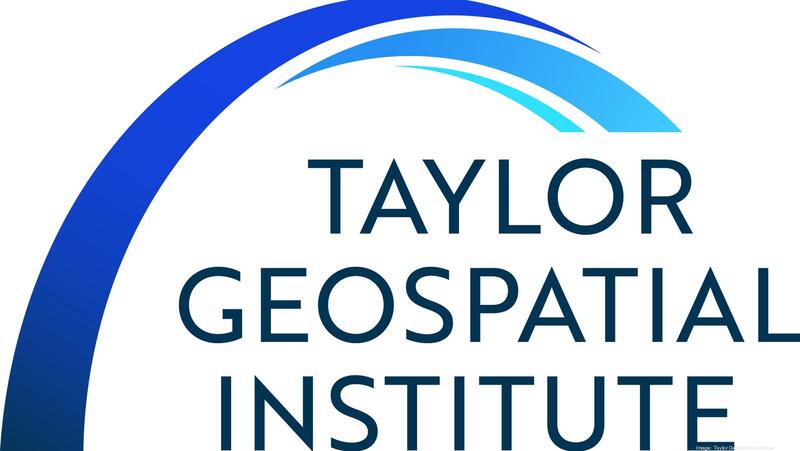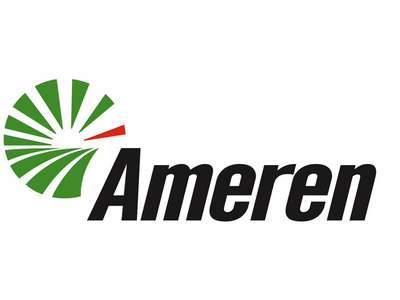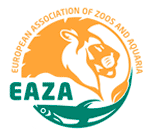Research focus: GeoAI - an interdisciplinary field that involves remote sensing, photogrammetry, machine learning/AI, and imagery analysis for various applications.
The lab focuses on using state-of-the-art machine learning and AI for remote sensing imagery analysis to study the earth system and change, with particular attention to water resources and agriculture. We develop algorithms to characterize the changes to Earth's land cover and integrate remote sensing observations with model-based approaches to understand the impacts of climate and land use changes on the water and energy cycles and ecosystems from local to global scales. The lab is interested in developing new methods that improve the information content of satellite data for improved LCLU mapping. To this end, we use multispectral, hyperspectral, and active microwave (SAR/PolInSAR/InSAR) and field observations to map crops, invasive plants, minerals and InSAR data to monitor land subsidence from anthropogenic activities, which are unified by a central theme: monitoring the impacts of climate and land-use changes on the environment using remote sensing and GIS as the primary tool.
Funded projects
The lab focuses on using state-of-the-art machine learning and AI for remote sensing imagery analysis to study the earth system and change, with particular attention to water resources and agriculture. We develop algorithms to characterize the changes to Earth's land cover and integrate remote sensing observations with model-based approaches to understand the impacts of climate and land use changes on the water and energy cycles and ecosystems from local to global scales. The lab is interested in developing new methods that improve the information content of satellite data for improved LCLU mapping. To this end, we use multispectral, hyperspectral, and active microwave (SAR/PolInSAR/InSAR) and field observations to map crops, invasive plants, minerals and InSAR data to monitor land subsidence from anthropogenic activities, which are unified by a central theme: monitoring the impacts of climate and land-use changes on the environment using remote sensing and GIS as the primary tool.
Funded projects
- 2024-2029. (Co-PI). I'm SHARP: Interdisciplinary Material Science for the hyperspectral remote sensing of permafrost, $7.5M, Air Force Office of Scientific Research (AFOSR) through Department of Defense (DoD) Multidisciplinary University Research Initiative (MURI), (PI: Baser from UIUC).
- 2023-2025. (PI). Developing global InSAR solutions for change detection with enhanced regional calibration, $2,237,862, NGA, (CoPIs: Maurer from MS&T, Cothren from the University of Arkansas, Yusupujiang from Saint Louis University).
- 2023-2025. (Co-PI). Edge-High Performance Computing for Multi-Domain Operations, $3,324,973, The U.S. Army Engineer Research and Development Center (ERDC), (PI: Palaniappan from University of Missouri).
- 2023-2027. (Co-PI). Scaling up the industrial hemp supply chain as carbon negative feedstock for fuel and fiber, Grant #: NR233A750004G030 $41.06M*, USDA (PI: Valliyodan from Lincoln U.). (*$5M confirmed for year 1, and the rest is being negotiated due to a clerical error).
- 2022-2025. (PI). Seed-AI: Seed composition estimation from standing crops at global scale using satellite data, AI, and crop modeling, $572,756, United Soybean Board (USB) & the Foundation for Food & Agricultural Research (FFAR) (Project #: 2331-201-0103, 2431-201-0101).
- 2020-2025. (PI). Training the workforce with Geoinformatics and Geospatial Data Science, $5M, the U.S. Department of Defense.
- 2023-2025. (PI). TGI Academy: Taylor Geospatial Institute Advanced Computing, Analytics, and big Data Education for Missouri, $1M, Missouri Coordinating Board for Higher Education.
- 2023-2025. (Co-PI). Collaborative Research: Competition for acoustic space as a driver of species diversity in vibrationally-signaling insects. NSF 22-541 Division of Environmental Biology, $200,000, 2313964. (PI: Kasey Fowler-Finn from Saint Louis University)
- 2020-2025. (Co-PI). CPS: TTP Option: Medium: DATAg: FieldDock: An Integrated Smart Farm Platform for Real-Time Agronomic Optimization and Accelerated Crop Breeding, $1.4M, NSF/USDA NIFA (Grant #: 2020-67021-31530). (PI: Dr. Shakoor from Donald Danforth Plant Science Center).
- 2022-2025. (Co-PI). Collaborative Research: CPS: TTP Option: Medium: Sharing Farm Intelligence via Edge Computing, $1,227,049, NSF CPS (Award # 2133407). (PI: Dr. Esposito from SLU).
- 2022-2025. (Co-PI). CC* Regional Computing: Taylor Geospatial Institute Regional AI Learning System (TGI Rails), NSF, $1M (Award #: 2232860), (PI: Bill Kramer from UIUC).
- 2023-2025. (Co-PI). Assessment after Engagement, Education & Experiential-learning (A-EEE), the U.S. Department of Energy, $400,000/$2M. (PI: Dr. Usman from MS&T with Sandoval from SLU).
- 2022-2023. (PI). SeedAI: non-destructive estimation of seed composition with indoor hyperspectral imaging, $100,000, Bayer Crop Science.
- 2020-2022. (PI). Seed composition estimation from in-season standing crop and terminal seed yield using non-invasive imaging, $326,500, United Soybean Board (Project #: 2120-152-0201).
- 2019-2022. (PI). GeoSLU: Geospatial Research, Training, and Innovation big idea initiative, Sinquefield Center for Research, Inc, $1,887,746.
- 2022. (PI). EdgeAI: Cutting-Edge Artificial Intelligence to improve soybean breeding and yield at global scale, $35,000, GDM Seeds.
- 2021-2022. (PI). IUCRC Planning Grant, Saint Louis University: Center for Accurate Georeferencing of the Environment (CAGE), $20,000, NSF IUCRC (Award #: 2113870).
- 2022. (PI). SLUcode for Agricultural Innovations, SLU Research Institute Research Advancement Fund, $25,000 (Award-01556/Grant-000822).
- 2022-2024. (PI). SustaiN: A Decision Support System for Sustainable Nitrogen Management in Corn and Sorghum using Satellite Remote Sensing, $15,000, Sustainable Agriculture Research and Education (Project #: GNC22-343), (Graduate Student Grant developed by Sourav Bhadra).
- 2020-2023. (Co-PI). NASA Missouri Space Consortium Affiliate Member Award, $188,000. (PI: Srikanth Gururajan from SLU).
- 2021-2022. (PI): GeoAI: Building a diverse STEM Workforce in Missouri through Geospatial AI Research and Training, $15,000, NASA- Missouri Space Grant Consortium Affiliates/Associates Award.
- 2021-2023. (PI). MissouriView: Enhancing Geospatial Science Research and Education in Missouri through Workshops and Outreach, $30,000, AmericaView seed grant.
- 2021. (Co-PI). Data Quality Assessment for the Reservoir Sedimentation Information (RSI) System using Machine Learning Techniques, $40,000, U.S. Army Corps of Engineering. (PI: Dr. Cox from SLU).
- 2014 - 2019 (Co-I). Missouri Transect: Plants, Climate and Community, NSF. (PI: Dr. Walker from the University of Missouri with multiple Co-PI and Co-Is). Here
- 2015-2019. (Co-PI). A reference phenotyping system for energy sorghum, DoE ARPA-e. (PI: Dr. Todd Mockler from Donald Danforth Plant Science Center with multiple Co-PIs). Details Here.
- 2016 - 2019. (Co-PI). Predicting impacts of land use and climate change on the hydrology and aquatic habitat in the Meramec River Basin, $199,981, The Nature Conservancy. (with Dr. Knouft (PI) from SLU and Maria Chu (Co- PI), University of Illinois).
- 2017-2019. (Co-PI). A Big Data Management Architecture for Integration and Analytics in Support of Research and Education for Missouri Transect, $75,750, NSF-Missouri EPSCoR. (PI: Dr. Esposito from Saint Louis University).
- 2018-2020. (Co-PI). Increasing Underrepresented Populations in Sustainability and Urban Ecology, $200,000 (SLU portion: $87,493), U.S. Department of Education. (PI: Dr. Jay Balakrishna from Harris-Stowe State University).
- 2017. (PI). Streamlining UAS data processing: Big data analytics and visualization to support research and education for Missouri Transect, $71,213, NSF-Missouri EPSCoR. (with Dr. Cindy Encarnacion from Saint Louis Science Center).
- 2017-2020. (PI). Enhancing Remote Sensing Research and Education in Missouri through Workshops and Augmented Reality Developments, $52,000, NASA- Missouri Space Grant Consortium Affiliates/Associates Award.
- 2018-2019. (PI). UAS monitoring for improved grapevine productivity under different scenarios of water stress - Phase 2, $15,000, the Missouri Wine Marketing and Research Council.
- 2017-2018. (PI). UAS monitoring for improved grapevine productivity under different scenarios of water stress, $15,000, Missouri Grape and Wine Institute.
- 2017 (PI). Early warning of algal blooms using multiscale remote sensing and hydrochemical analysis, $50,000, Saint Louis University President's Research Fund (with Co-PI Dr. Hasenmueller).
- 2016-2017. (Co-PI). Satellite-Imagery Based Method for Water-Quality Monitoring and Sediment Budgeting along the Middle-Mississippi River and its Tributaries, $44,000, USGS. (PI: Dr. Cox).
- 2016-2017. (PI). Remote Sensing from Unmanned Aerial Systems (UAS) to Support Research and Education in Missouri, $9,997, NASA- Missouri Space Grant Consortium Affiliates/Associates Award.
- 2015-2016. (PI). Utilizing field and Geo-TASO observations to develop a spectral database of various land cover types in Midwestern United States to characterize land surface albedo for TEMPO, $50,298, NASA. (with Dr. Fishman (Co-PI)).
- 2014-2015. (PI). Global change and precision agriculture: Characterizing spectral signatures of soybean plants to background ozone concentrations using field, airborne and satellite measurements and biochemical modeling, $24,913, NASA EPSCoR. (With Dr. Fishman (Co-PI)).
- 2011-2016. (Co-PI). Studies of the relationship between satellite-derived trace gas measurements and surface observations: a proposal for membership and leadership of the Air Quality Applied Sciences Team (AQAST), $883,920, NASA (1 July 2011 through 30 June 2016, my involvement started in 2014) (with Drs. Fishman (PI) and de Foy (Co-PI)).
- 2015-2016. (Co-PI). Enhancement and demonstration of an environmental predictive method (Model) for optimized storm forecasting and electric distribution system damage anticipation, $520,368, Electric Power Research Institute (EPRI), (with Drs. Dannevik (PI) and Pasken (Co-PI)).
- 2013-2014. (Co-PI). Sustainable agriculture in changing climate: a multi-disciplinary approach to preservation and comparative genomics of grapevines. SLU’s Sustainability Research Fund (PI: Dr. Miller), $85,740.
- 2013 – 2014. (PI). St. Louis-Jefferson Solid Waste Management District - Waste Reduction and Recycling Grant Program: Campus Recycling Program Expansion. St. Louis - Jefferson Solid Waste Management District, $30,000.
- 2011-2013. (Co-PI). Impacts of climate and land use changes on flooding in urbanized human and natural systems. Saint Louis University STEM PLUS Research Initiative. (PI: Dr. Knouft), $121,271.
- 2012-2013. (Co-PI). Mapping Risks and Resilience in Saint Louis (MaRRS): An Applied Approach to Achieve Socio-Environmental Synthesis, President's Research Fund, Saint Louis University (PI: Dr. Sandoval; Co_PIs: Dr. Ong and Coffin), $49,300.
- 2010-2012. (PI). Monitoring mining subsidence and its environmental effects in Illinois using space- borne Synthetic Aperture Radar. President’s Research Fund, St Louis University, $24,936.
- 2008-2011. (Co-PI). Assessing and reducing the threat of flood disasters and ecosystem destruction along the Missouri and Mississippi Rivers using satellite data, flow measurements and climate models. Kemper-Stupp Foundation, $250,000. (PI: T. Kusky, W. Dannevik, J. Knouft and Z. Pan (Co-PIs))
- 2009-2011. (PI). Monitoring the Health and Status of Betampona Natural Reserve, a Critically Endangered Lowland Rainforest Habitat in Madagascar Using Integrated Remote Sensing and GIS. FRC (St Louis Zoo Field Research for Conservation Program) and Margot Marsh Biodiversity Foundation, $38,000.
- 2010-2011. (PI).Tropical Forest Monitoring Using Time Series Satellite Radar, funded by EAZA (the European Association of Zoos and Aquaria), $11,562.

